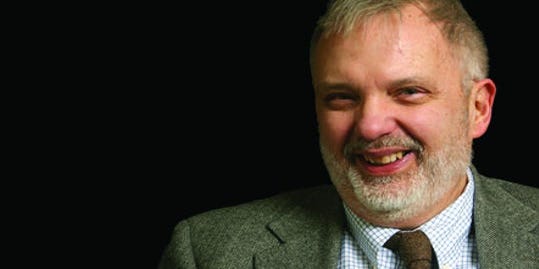Presidential Wisdom: What TR Would Tell Today's Leader

Theodore Roosevelt: A Complex Legacy of Vision and Courage
Theodore Roosevelt stands as one of America's most dynamic and transformative presidents, a leader whose impact resonates far beyond his time in office. While no historical figure is without flaws, Roosevelt's progressive vision and unwavering commitment to national progress continue to inspire generations of Americans.
A true Renaissance man, Roosevelt embodied the spirit of adventure and reform. He was simultaneously a naturalist, conservationist, author, and political reformer who believed deeply in the potential of American democracy. His groundbreaking environmental policies laid the foundation for modern conservation efforts, protecting millions of acres of wilderness and establishing national parks that remain treasures to this day.
Roosevelt's progressive reforms challenged the status quo, taking on powerful corporate interests and championing the rights of ordinary citizens. His "Square Deal" philosophy sought to balance the interests of business, consumers, and workers, a principle that continues to influence political discourse in the 21st century.
Though imperfect and sometimes controversial, Roosevelt's legacy is one of bold leadership and genuine passion for national improvement. His belief in active citizenship, environmental stewardship, and social justice continues to challenge and inspire Americans to work towards a more equitable and vibrant society.
More than a historical figure, Theodore Roosevelt represents the enduring American ideals of courage, innovation, and the relentless pursuit of positive change.
